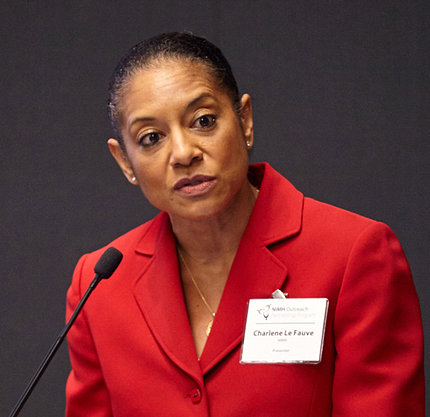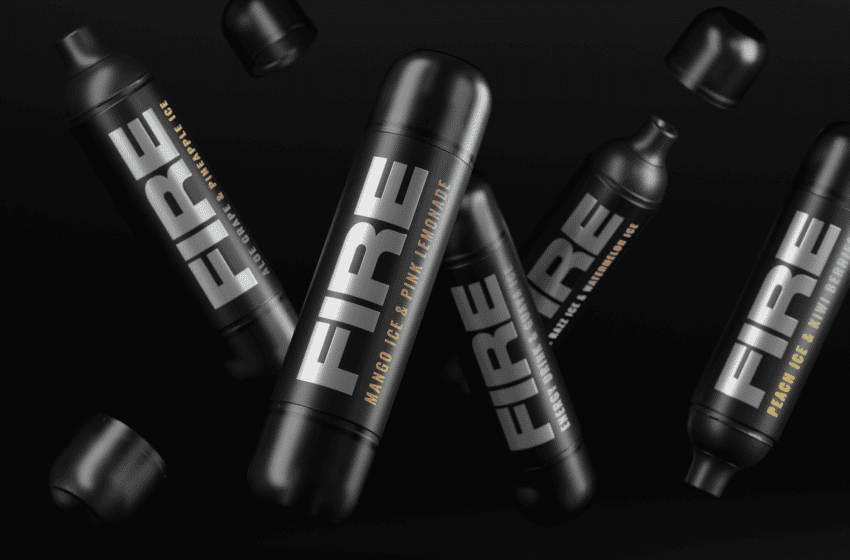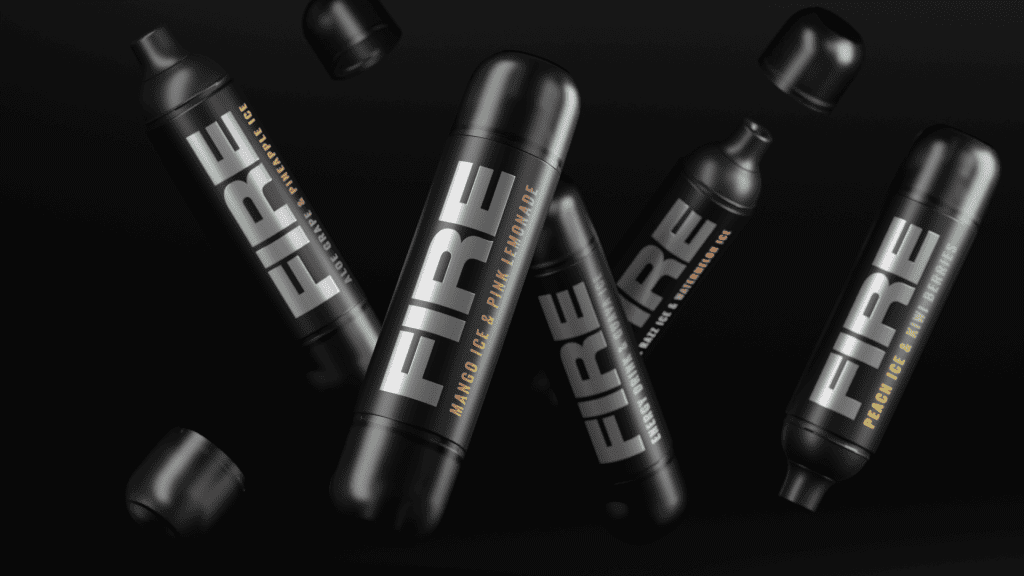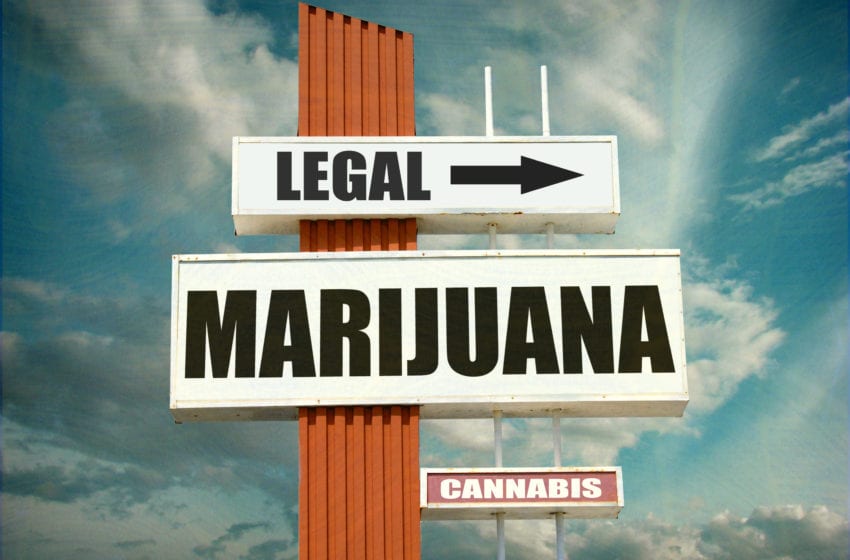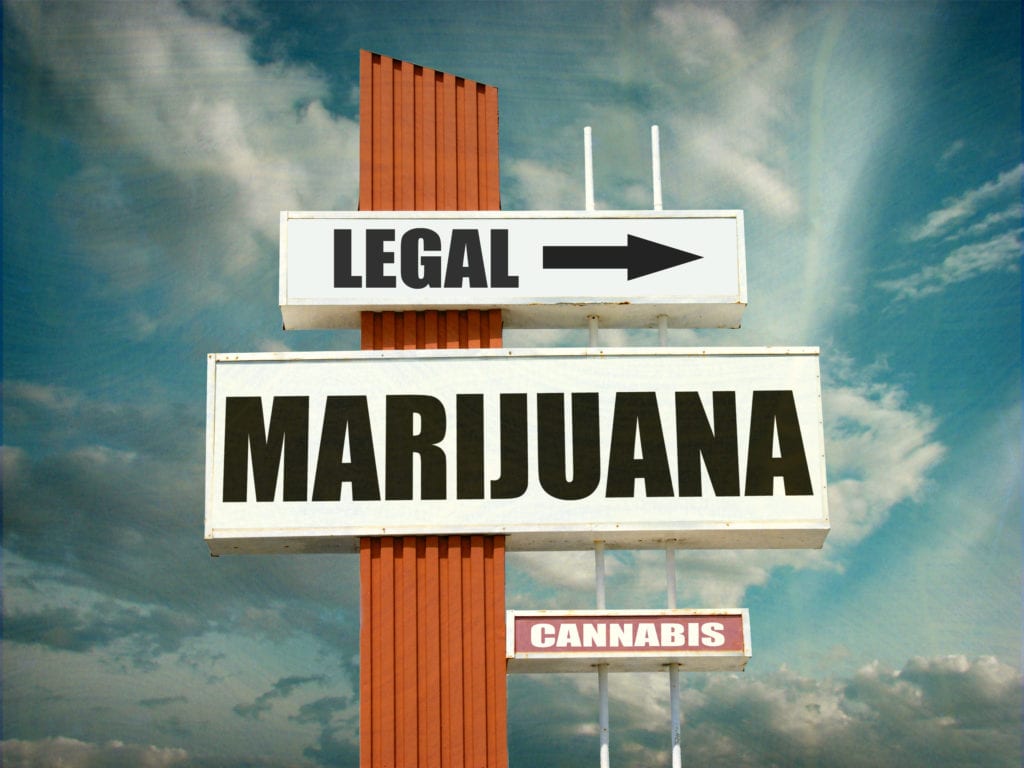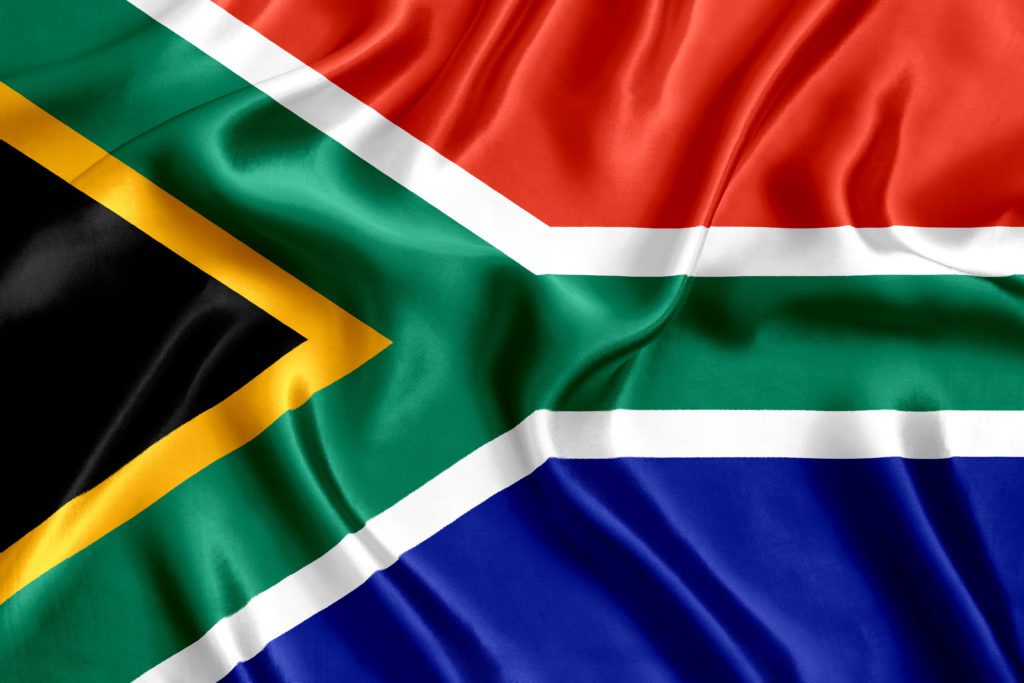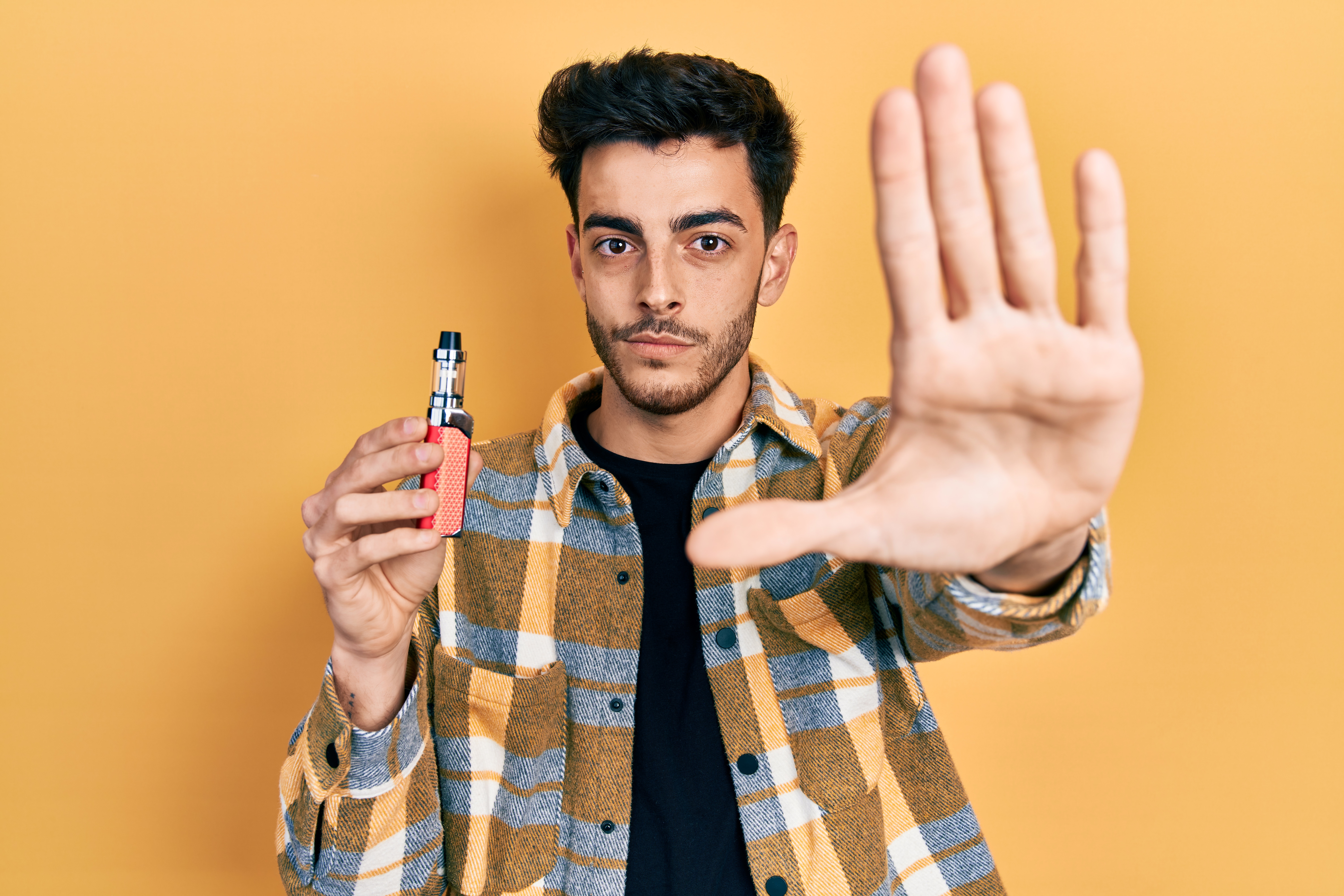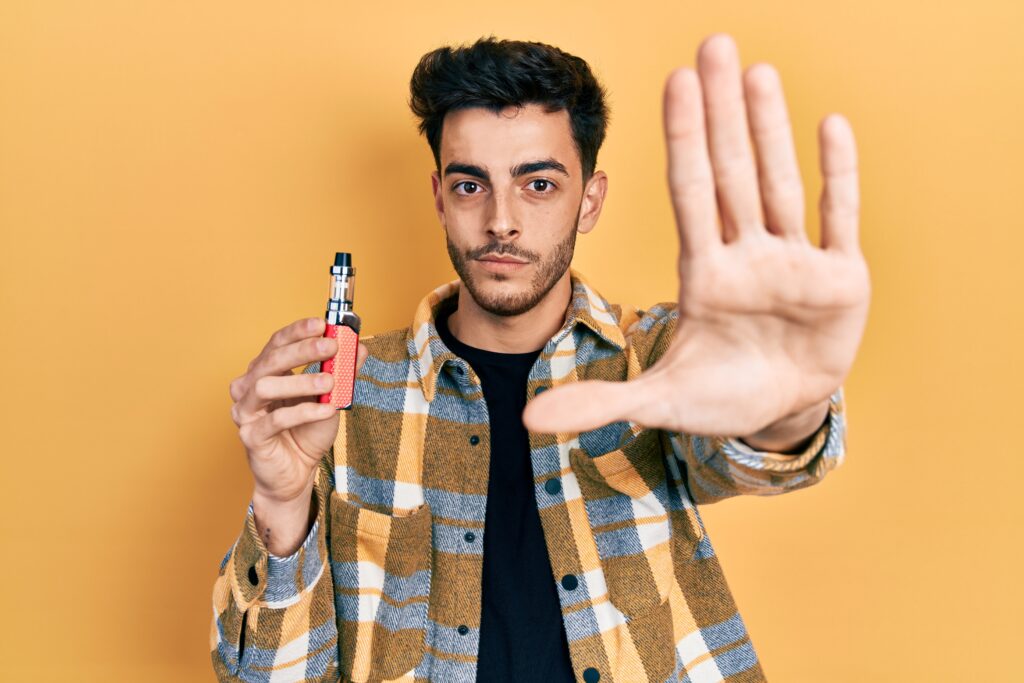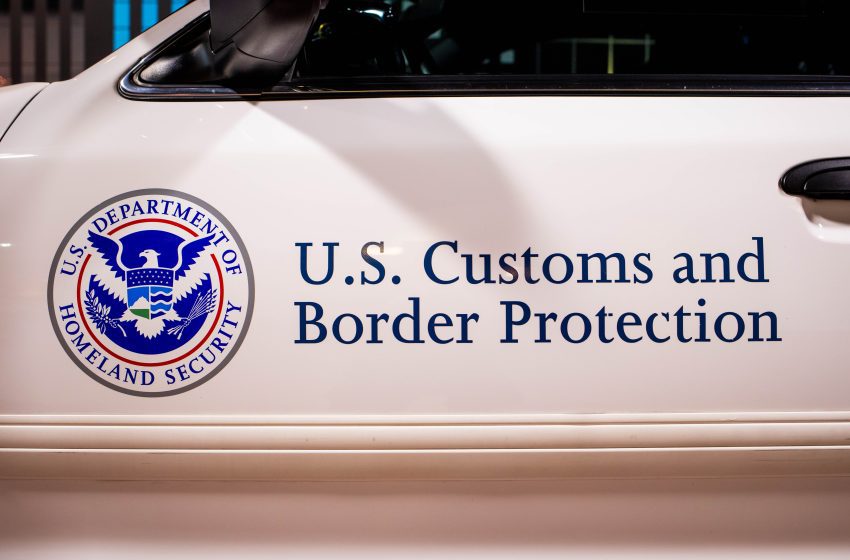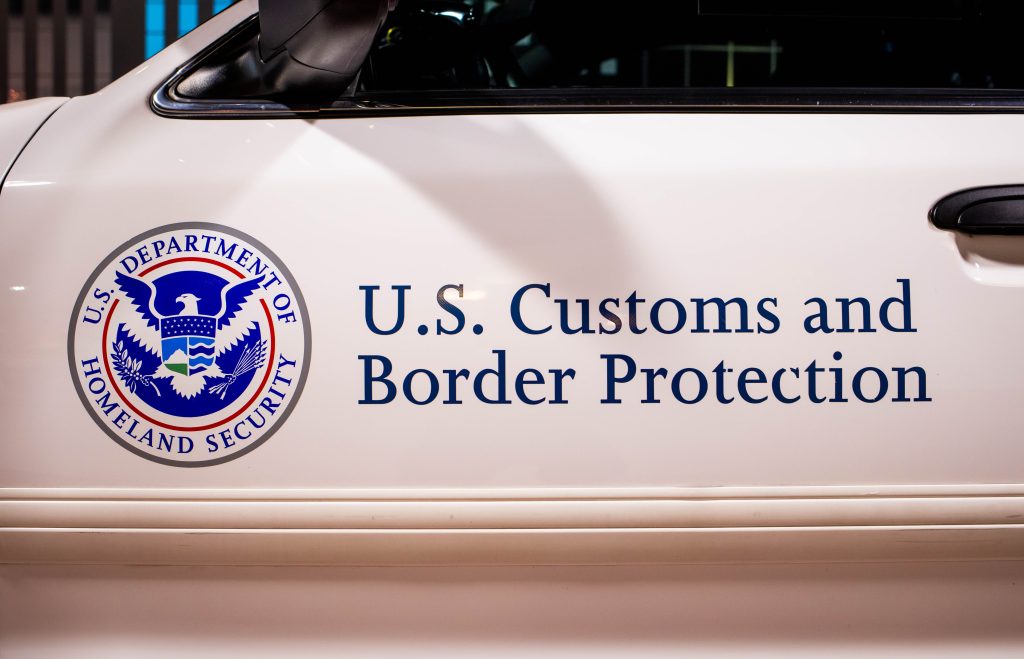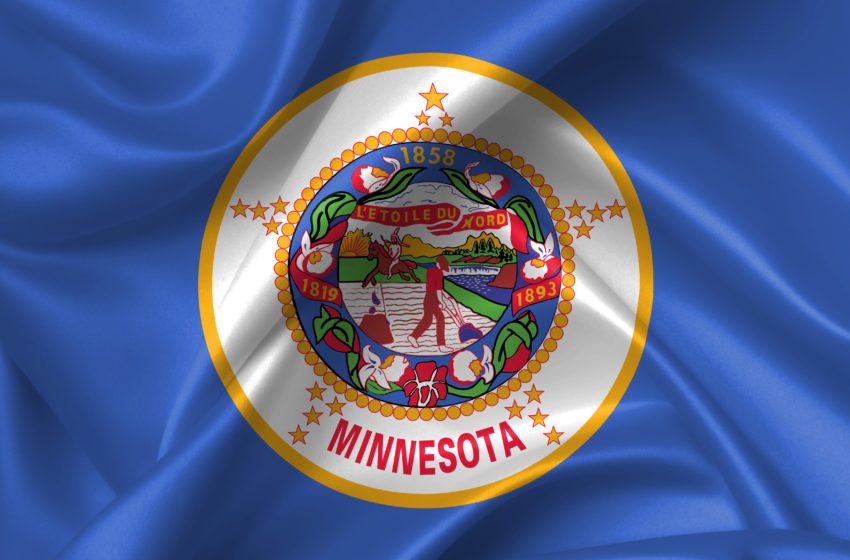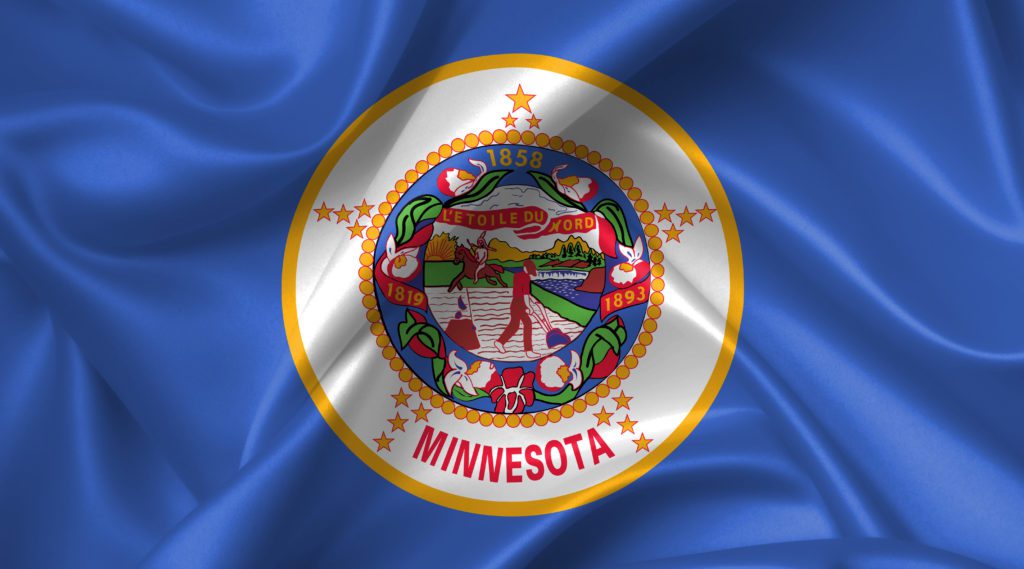
The tobacco and nicotine product regulatory arm of the U.S. Food and Drug Administration has hired a senior advisor for health equity for the first time. The Center for Tobacco Products (CTP) announced Charlene Le Fauve will fill the role.
“Beginning today, she will join CTP’s Senior Leadership Team within the Office of the Center Director,” a release states. “Dr. Le Fauve is a behavioral scientist and addiction researcher with 25 years of federal work experience related to health equity and health disparities research. She has dedicated her career to advancing health equity and the health of underserved and underrepresented populations through research and research workforce development.”
Most recently, Le Fauve served as the senior advisor to the Chief Officer for Scientific Workforce Diversity at the National Institutes of Health (NIH). In this role, she educated national audiences about NIH’s role in scientific workforce diversity and health equity research, according to the release.
Prior to her NIH role, Le Fauve held various leadership roles, such as the deputy director of Disparities Research and Global Mental Health at the National Institutes of Mental Health and the senior policy coordinator and lead for the Center for Medicare and Medicaid Services Team at the Department of Health and Human Services.
“Diversity, Equity, Inclusion, and Accessibility (DEIA) are core values of CTP, and efforts are underway to ensure that the full scope of the Center’s work is reflective of these principles. In this new position, which is the first of its kind for any Center at FDA, Dr. Le Fauve will work with all of CTP’s Offices to ensure health equity is integrated into the Center’s programmatic plans and priorities,” the release states, “She also will serve as CTP’s primary representative in a variety of activities that promote and facilitate the reduction of tobacco-related health disparities, including during external meetings, conferences, and presentations.”

